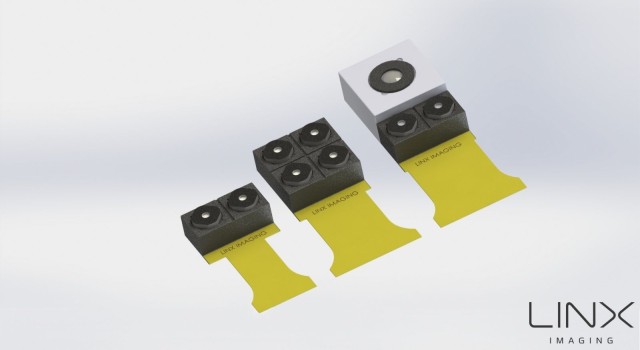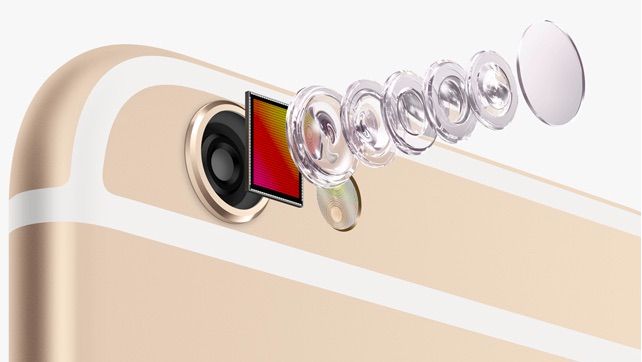Apple is looking to ramp up its camera technology with the acquisition of Israeli company LinX.
The two companies reached a deal that will see Apple paying about $20 million for the startup, but if the company’s multi-aperture cameras are actually as stunning as advertised, future iPhones could gain SLR-quality images.

News of Apple’s acquisition was first reported this afternoon by Dow Jones, and the company later confirmed the report to The Wall Street Journal, saying, “Apple buys smaller technology companies from time to time and we generally do not discuss our purpose or plans.”
Looking at the young Israeli company’s image sensors, it’s not hard to see why Apple would be interested. Last June, LinX unveiled its first multi-aperture cameras designed for mobile devices. LinX’s cameras are half the height of a standard mobile camera, but capture better color and produce high-quality, low-noise imagery, even in low light.
Rather than chasing pixels, LinX says its ultimate goal is to let us ditch our DSLRs. LinX’s impressive pictures are made possible by replacing larger sensors with multiple cameras. Its products include arrays of two, three or four cameras on a system.
By swapping one large sensor with multiple smaller ones, the company says its cameras are three times more sensitive to light. Low-light performance seems to be one of the biggest benefits, allowing for fast exposures with indoor lighting and without motion blur.



6 responses to “Apple’s latest acquisition could revolutionize iPhone camera”
Apple probably needs to acquire some camera patents and I doubt any professionals will be ditching their DSLRs in the near future, if ever.
Topping or even coming close to DSLRs will be nice but not really necessary IMO. It just needs to be better or near the top in all comparable factors for the iphone to sell well.
For me the improved low light camera each year is sometimes one of the reasons I upgrade
That just means iPhones will start at $1,000.
iPhone 6 is already far behind in the smartphone camera race… the Camera is pretty horrendous as is, particularly in low light. 8 MP is not enough.
Technology mimics nature again: most spiders have eight eyes (but some have as many as 12). Their tiny spidey brains fuse those images together into one.